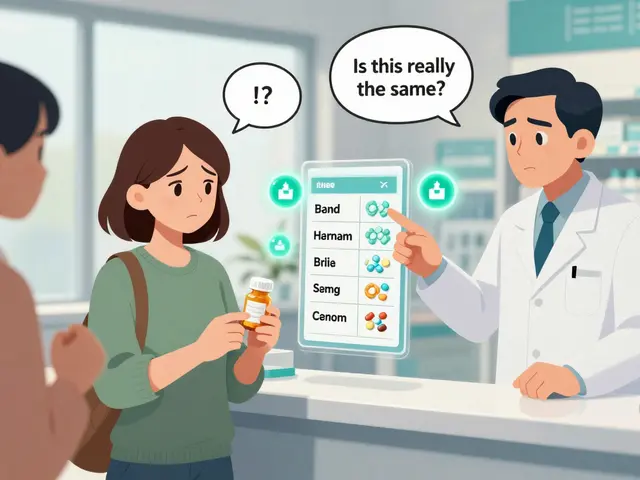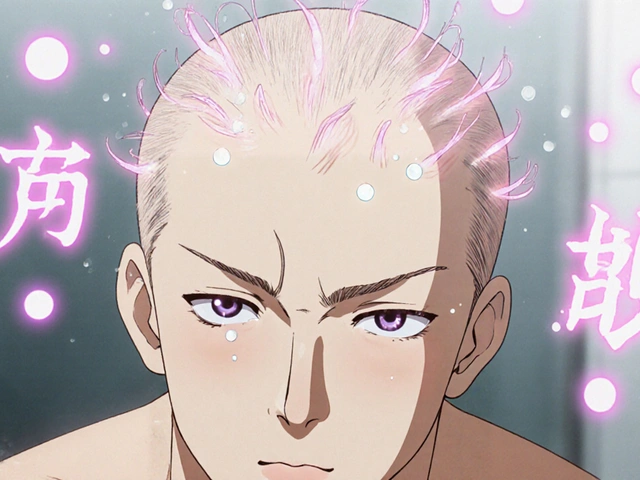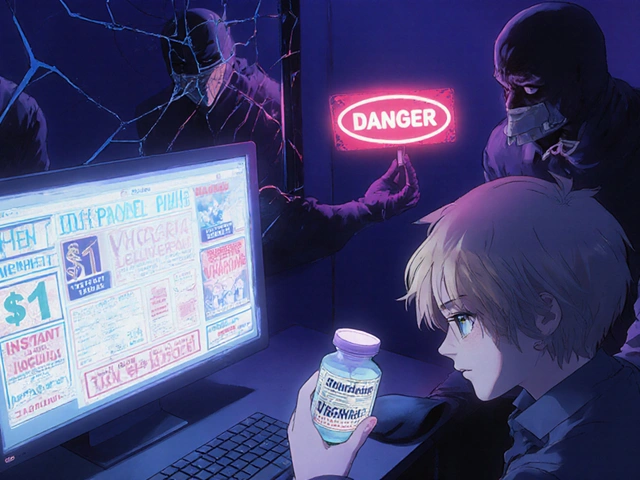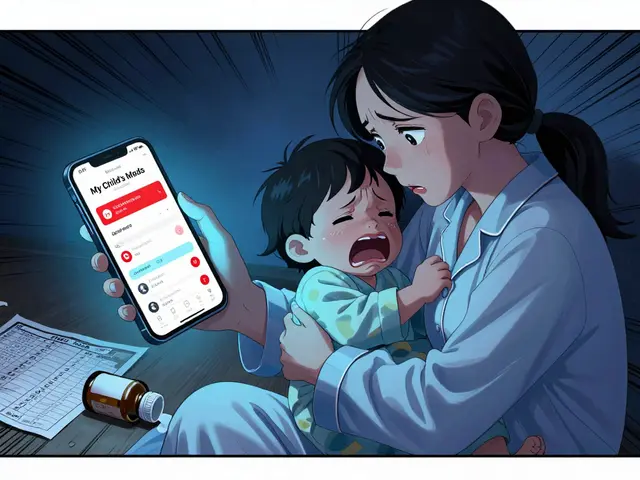How to Communicate with Your Pharmacy During Generic Drug Transitions
February 7 2026Skincare Guides and Tips for Clear, Healthy Skin
If you’re scrolling through endless product lists and still see breakouts or dry patches, you’re not alone. The good news? Real help is often simple—knowing which meds work, how to avoid irritants, and what daily habits keep skin balanced.
Top Treatments for Common Skin Issues
Tretiva for acne: Tretiva is a brand name for isotretinoin, a powerful oral drug that shrinks oil glands and clears stubborn breakouts. Most people start to see fewer pimples after a few weeks, but you might notice dry skin or mild irritation at first. Staying hydrated, using a gentle moisturizer, and following your doctor’s lab checks are the best ways to handle side effects.
Desonide for seborrheic dermatitis: This low‑strength steroid cream can calm redness and itching caused by that flaky scalp or face condition. It works fast, but you shouldn’t slap it on forever—long‑term use can thin the skin. Apply a thin layer once or twice daily, then switch to a milder moisturizer as symptoms improve.
Irritant contact dermatitis: This isn’t an allergy; it’s your skin reacting to harsh chemicals, soaps, or over‑washing. The first step is spotting the culprit—think bleach, strong detergents, or even frequent hand sanitizer. Swap to fragrance‑free cleansers, wear gloves when handling cleaners, and keep a barrier cream handy. If redness persists, a short course of a gentle steroid like desonide can help, but always ask a professional.
Everyday Practices to Keep Your Skin Happy
Beyond meds, your daily routine makes a huge difference. Start with a mild cleanser that rinses without stripping natural oils—no need for foamy stuff that leaves you feeling tight. Follow up with a lightweight moisturizer while your skin is still damp; this locks in water and reduces the urge to over‑wash.
Sun protection isn’t just for beach days. A broad‑spectrum SPF 30 applied every morning shields against UV damage that can worsen acne scars and trigger dermatitis flare‑ups. Reapply if you’re outdoors for long periods.
If you love exfoliating, keep it gentle. Chemical exfoliants with low percentages of glycolic or lactic acid work better than harsh scrubs, especially when your skin is already irritated. Limit use to two times a week and always follow with moisturizer.
Lastly, watch what you eat. Foods high in sugar or dairy can spark breakouts for some people. Try swapping sugary drinks for water and adding more omega‑3 rich foods like salmon or walnuts—they support skin’s barrier function.
All these tips tie back to the three articles on our site: detailed Tretiva usage, pros and cons of desonide, and a clear guide to irritant contact dermatitis. Use them as reference points when you decide what step fits your situation best.
Remember, skin health isn’t about one‑size‑fits‑all solutions. It’s a mix of the right medication, smart daily habits, and listening to how your body reacts. Keep this page handy, experiment with the advice that feels doable, and you’ll see steady improvement without overwhelming yourself.
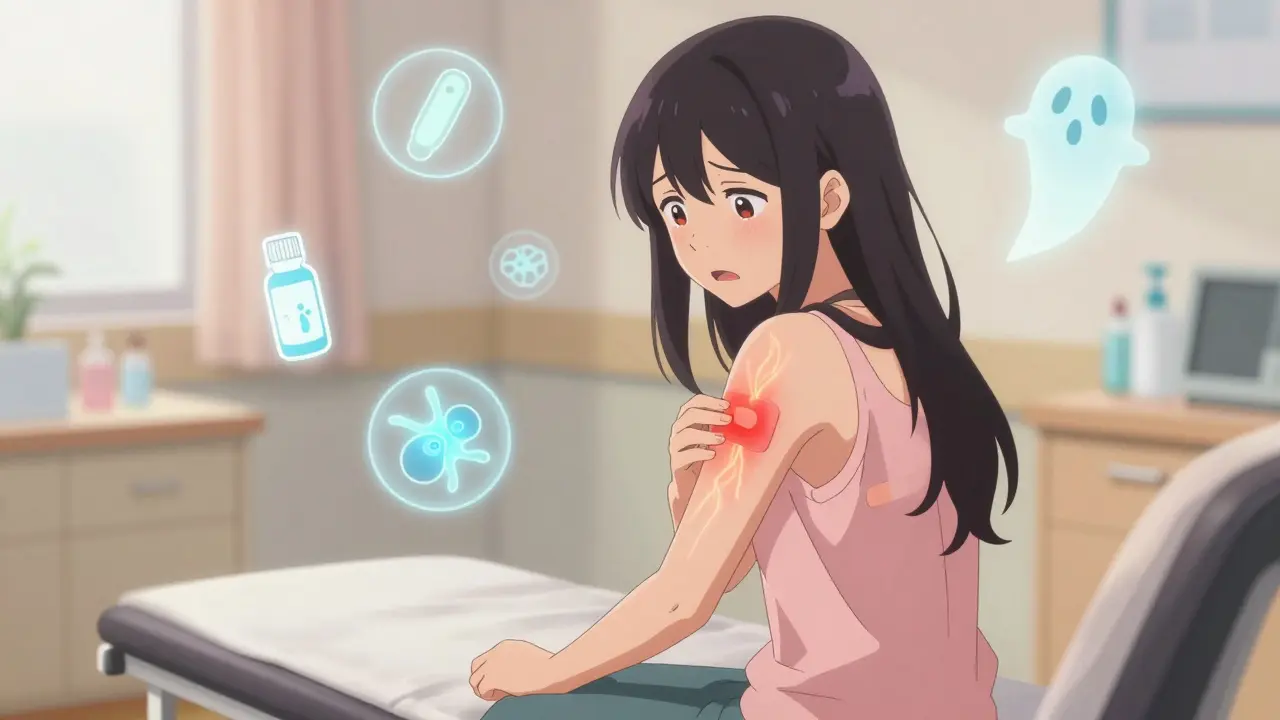 23 Jan
23 Jan
Topical Medication Allergies: How Contact Dermatitis Develops and How to Treat It
Topical medication allergies cause itchy, worsening rashes that mimic eczema. Learn how contact dermatitis develops, which drugs trigger it, how patch testing works, and what treatments actually help-without making things worse.
Read More...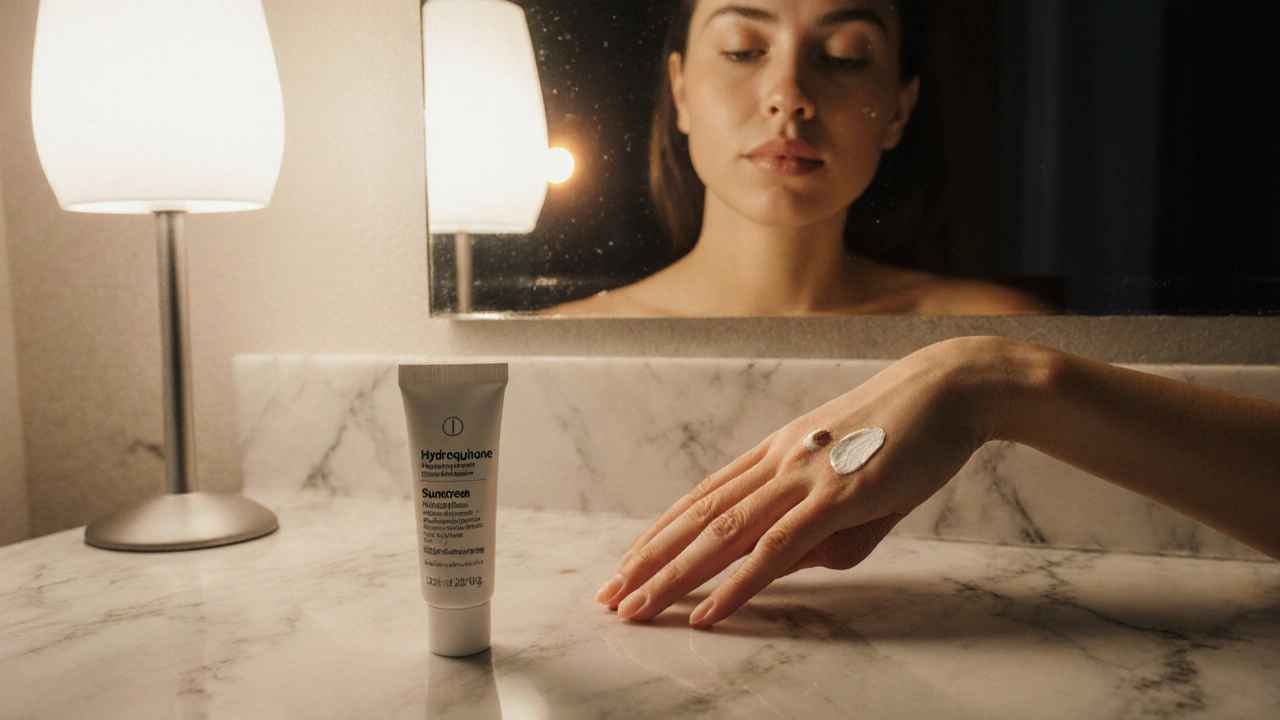 12 Oct
12 Oct
Melalite Forte Cream vs. Top Alternatives: Hydroquinone Spot Treatment Showdown
Explore how Melalite Forte Cream stacks up against top dark‑spot alternatives, covering effectiveness, safety, price, and best‑fit scenarios for every skin type.
Read More... 19 Jun
19 Jun
Tretiva: Acne Treatment, Results, Side Effects & Real-World Tips
Explore how Tretiva works for acne, what to expect, side effects, and smart tips for using it safely and effectively in the real world.
Read More...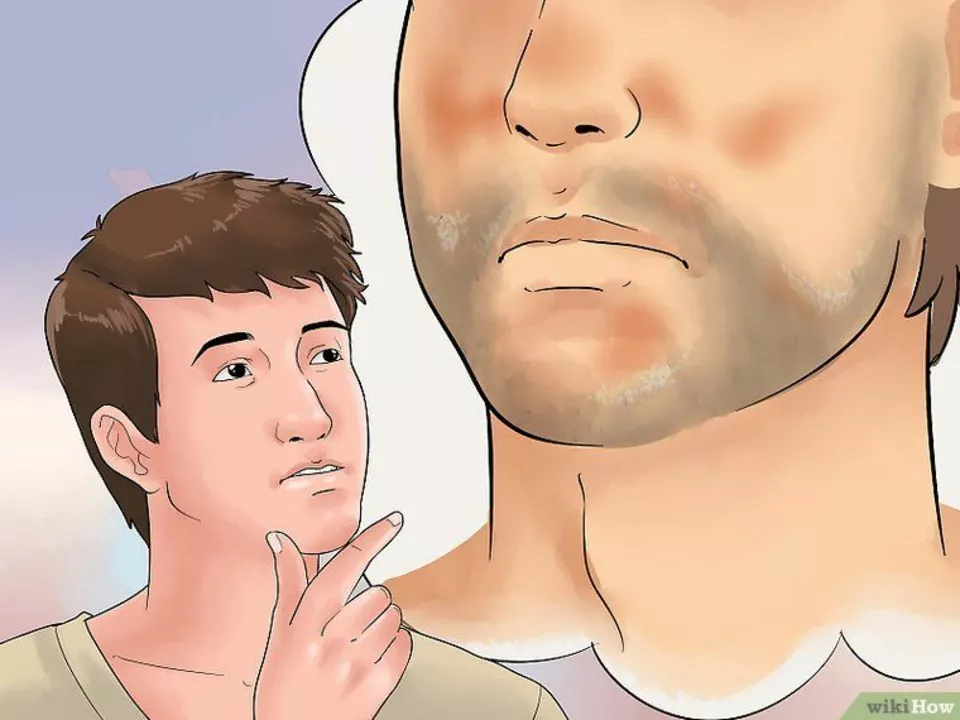 27 May
27 May
The Pros and Cons of Using Desonide for Seborrheic Dermatitis
As a blogger, I've been researching the pros and cons of using Desonide for Seborrheic Dermatitis. On the positive side, Desonide is an effective topical corticosteroid that can help reduce inflammation and itching, providing relief to those suffering from this skin condition. However, there are some downsides to using Desonide, such as potential side effects like skin thinning and irritation. Additionally, it may not be suitable for long-term use, as it can cause the skin to become dependent on the medication. In conclusion, Desonide can provide relief for Seborrheic Dermatitis, but it's crucial to weigh the benefits against the potential risks and consult with a healthcare professional before use.
Read More...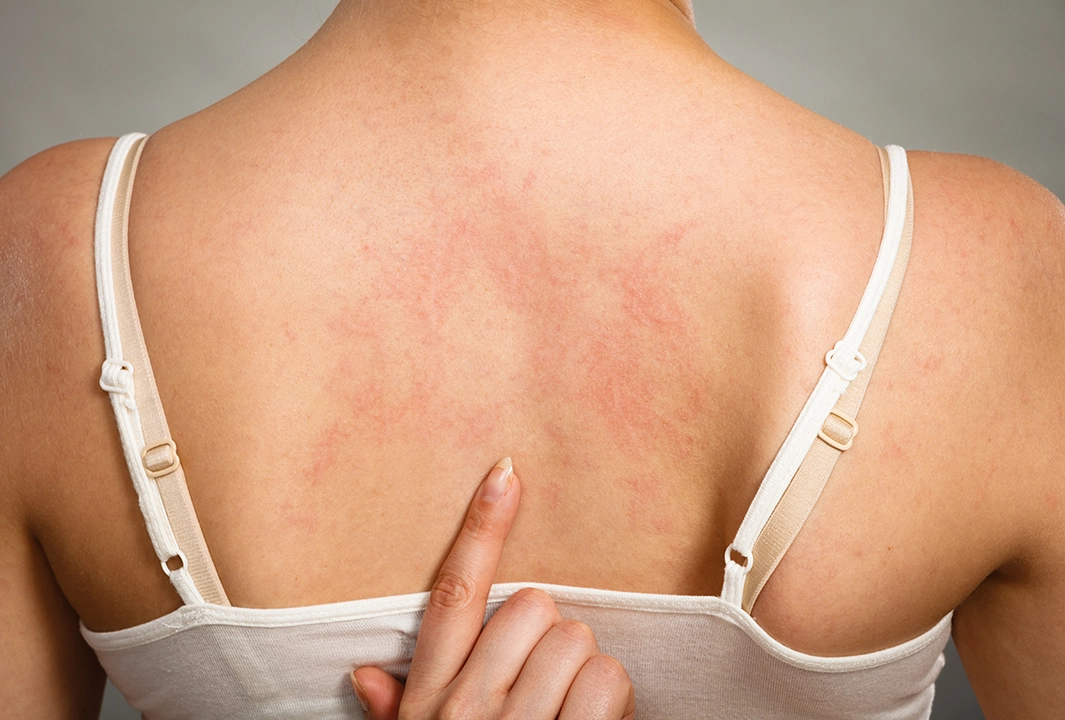 30 Apr
30 Apr
Understanding Irritant Contact Dermatitis: Causes and Treatments
Irritant contact dermatitis is a common skin issue that occurs when your skin comes into contact with potentially harmful substances. The main causes include exposure to harsh chemicals, cleaning products, or even over-washing your hands. Symptoms often include redness, itching, and dry or cracked skin. To effectively treat this condition, it's crucial to identify and avoid the irritants causing the issue, as well as using gentle skincare products and moisturizers. In more severe cases, seeking professional medical advice may be necessary for proper treatment and management.
Read More...
